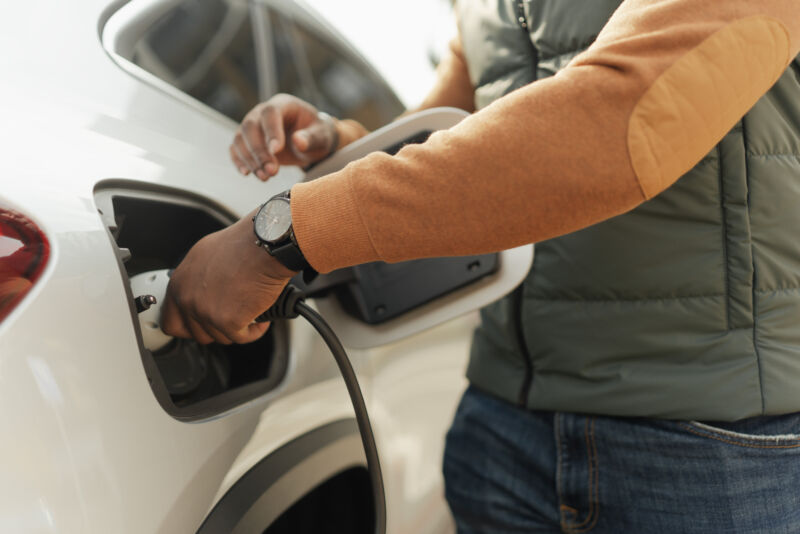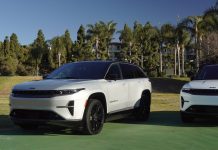The Infrastructure Investment and Jobs Act set aside $2.5 billion for underserved and rural areas.

The federal government’s Joint Office of Energy and Transportation announced on Thursday $632 million in grants to fund clean vehicle infrastructure. Twenty-two states along with Puerto Rico will be the recipients of this first round of funding from the $2.5 billion Charging and Fueling Infrastructure program, which started accepting applications in March 2023.
Although US carbon emissions fell last year, most of that was achieved through much cleaner energy generation. But when it comes to transportation’s contribution to our annual carbon impact, that line is sadly still going up. Which is why it was encouraging that the Infrastructure Investment and Jobs Act of 2022 included $7.5 billion for clean vehicle infrastructure.
Two-thirds of that was set aside for the National Electric Vehicle Infrastructure formula program. That $5 billion is being spent mostly on DC fast-charging infrastructure, mostly at regular intervals along highway corridors, but also on charger reliability. Rather than paying for the chargers directly, the federal government is awarding the money to states and metropolitan planning organizations the way it does with other highway formula funds.Advertisement
The other $2.5 billion was allocated for CFI. Unlike NEVI, CFI has been open to a wider pool of applications, including local governments and public-private partnerships looking to fund clean vehicle infrastructure in underserved or rural areas. For this round of $632 million in grants, more than 70 percent of the funds will be spent in disadvantaged communities, according to the Joint Office.
“A hallmark of the CFI program is its context sensitivity—it gives communities the opportunity to build the right mix of charging to meet the specific e-mobility needs of people where they live, work, and play,” said Joint Office Executive Director Gabe Klein.
“These awards will leverage the creativity and expertise of American communities around the country advancing clean and equitable transportation options through innovative projects like charging and hydrogen fueling for heavy duty trucks on major corridors, electrification at multifamily housing, multimodal charging hubs for e-bikes and scooters, and even pedestrian safety improvements,” Klein said.
Of the 47 projects being funded (you can see the entire list here), 43 are for EV charging, one is for EV charging and hydrogen refueling, and the remaining three are for hydrogen facilities. That translates to more than 7,500 new charging ports, the Joint Office says.




